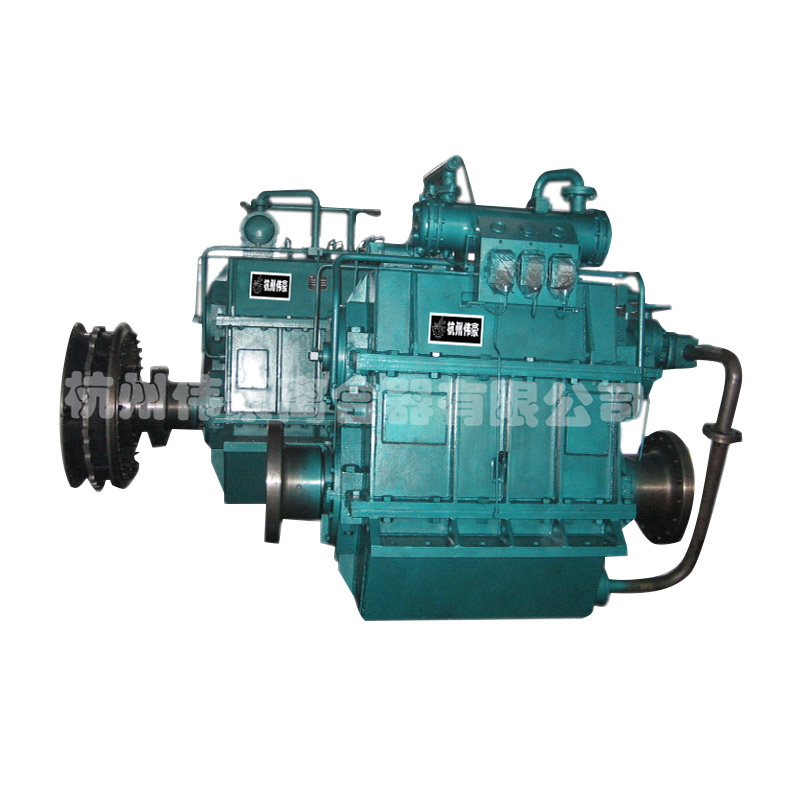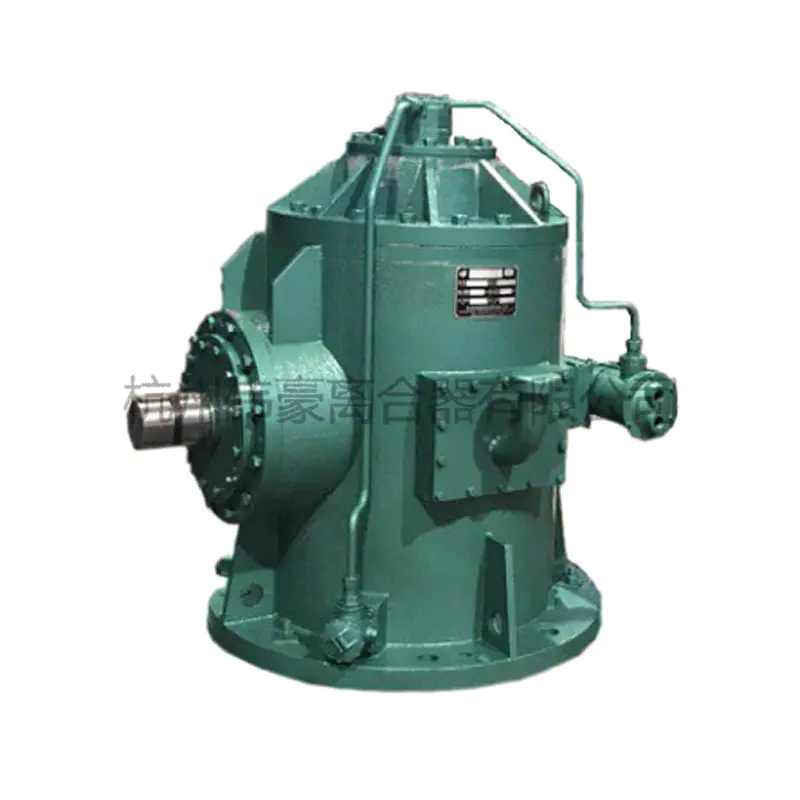As an indispensable component of mechanical equipment, the performance of gearboxes directly affects the operating efficiency and stability of the entire mechanical system. The performance of a gearbox depends largely on the choice of its materials.
1. Basic classification of gearbox materials
There are many types of materials for gear boxes, but they can mainly be classified into two categories: metallic materials and non-metallic materials. Among metal materials, common ones include cast iron, steel, aluminum alloy, bronze, etc.; non-metal materials include plastics, synthetic materials, etc. Each of these materials has its own characteristics and is suitable for different working conditions and performance requirements.
2. The impact of material selection on gearbox performance
Strength and durability
Gearboxes are subject to complex loads and stresses during operation, so the strength of the material is the primary consideration. Steel has become the preferred material for manufacturing gear boxes due to its high strength, high toughness and excellent wear resistance. Especially alloy steel and carbon steel, they can meet the performance requirements under harsh working conditions such as high load and high speed. In contrast, although cast iron is lower in cost, its strength and durability are relatively poor, making it suitable for applications with smaller loads.
Corrosion resistance
In some special environments, such as moisture, corrosive media, etc., the corrosion resistance of the gearbox is particularly important. Stainless steel materials are widely used in such occasions because of their good corrosion resistance. In addition, aluminum alloy materials also have certain corrosion resistance, low density and light weight, making them suitable for lightweight designed gearboxes.
Thermal conductivity
The gearbox will generate heat during operation. If the heat cannot be dissipated in time, it will cause problems such as temperature rise and lubrication failure. Therefore, the thermal conductivity properties of the material also have an important impact on the performance of the gearbox. Aluminum alloy materials have high thermal conductivity and can quickly transfer heat to the surrounding environment and reduce the temperature of the gearbox. Cast iron materials have poor thermal conductivity and require additional heat dissipation measures.
Processing performance
The processing performance of the material directly affects the production cost and quality of the gearbox. Cast iron material has good casting and cutting processability and can produce complex-shaped gearbox housings. Steel requires complex processing techniques such as forging and cutting, and the cost is relatively high. In addition, synthetic materials such as plastics also have good processing properties, but have poor strength and durability.
Noise and Vibration
The gearbox will produce noise and vibration during operation, which will affect the stability and service life of the equipment. The sound absorption and vibration damping properties of materials play an important role in reducing noise and vibration. Cast iron material is suitable for occasions with high noise requirements due to its excellent sound absorption. Synthetic materials and fiber materials have better vibration damping properties and can effectively reduce the vibration level of the gearbox.
The material selection of a gearbox has a crucial impact on its performance. When selecting materials, it is necessary to fully consider the working environment, load requirements, corrosion resistance, thermal conductivity, processing performance, noise and vibration requirements of the gearbox. By rationally selecting materials, the performance and reliability of the gearbox can be significantly improved, providing a strong guarantee for the stable operation of the entire mechanical system.



 EN
EN English
English 中文简体
中文简体

 View More >>
View More >> View More >>
View More >> View More >>
View More >> View More >>
View More >> View More >>
View More >> View More >>
View More >> View More >>
View More >> View More >>
View More >> View More >>
View More >> View More >>
View More >> View More >>
View More >> View More >>
View More >>
